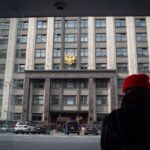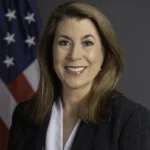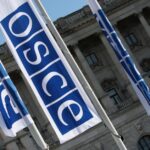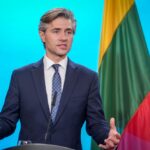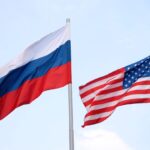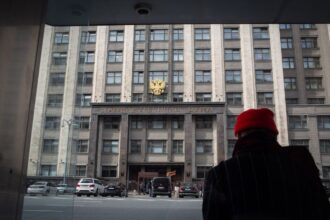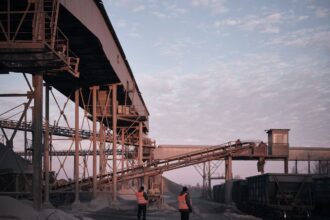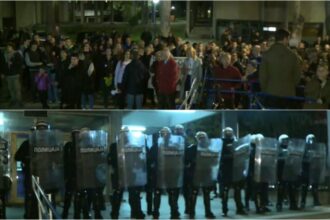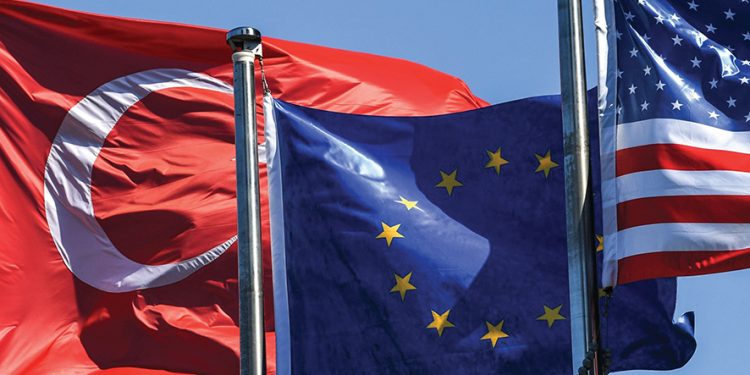Read Part 1.
The recent steps taken by Iran to improve the South Caucasus can be viewed as a significant change. Tehran did not play a significant role in the South Caucasus until 2020. This is because the South Caucasus wasn’t as important to the Islamic Republic as other regions, such the Persian Gulf, Iraq-Lebanon, or even Yemen. The Second Nagorno-Karabakh War, however, forced Tehran to change their attitude and become more active on the South Caucasus. This was especially true in relation to Azerbaijan-Armenia.
Second, Russia’s war against Ukraine has weakened Moscow’s position in the South Caucasus. Since the fall of the Soviet Union Russia has never been more dependent on Iran than it is today. Tehran is aware of this, as it shares with Russia the intricacies of living under sanctions and buys expensive military technology from Russia, while selling what it produces, such as deadly drones.
Iran’s use Russia’s weakness does not mean that relations between Moscow and Tehran will be completely rewritten in the direction of South Caucasus. Both forces are in favour of radical changes to liberal order. Both forces are in favor of radical changes to the liberal order. It is therefore not surprising that Russia’s military bases and the influence of NATO or even Turkey are more acceptable to Tehran.
Turkey is another important country in our region that could be at a turning-point in 2023. No matter who wins, the planned presidential and parliament elections will be crucial for Turkey’s development. It is another matter whether this will be true or not for foreign policy. Nevertheless, some changes are inevitable. As with the NATO alliance, we can expect to see efforts to reduce tensions between the US and Greece. We should not expect any radical changes in foreign policy. It is unlikely that a new government will diverge from the expansion of Turkey’s role within the region. In the South Caucasus for example, Turkey will continue to support the development of East West infrastructure, which will in turn be a big support for the Middle Corridor concept.
A strong foreign policy is expected of Turkey due to its geographical location. The country borders five regions of geopolitical importance: the Black Sea and the South Caucasus; Syria-Iraq; the Balkans; and the Mediterranean Sea. All of these areas are independent but interconnected. These are the areas where geopolitical tensions vary in intensity. The Turkish government will continue to pursue a policy of active engagement in multiple directions at the same time, as it has done.
Ankara will also try to exploit the preoccupation of Moscow in Ukraine, as it is aware of Russia’s weakness. In previous articles, i have called attention to the instability in Russia’s position within the South Caucasus. The decline in prestige, economic weakness, growing mistrust among allies, and most importantly the severe military defeats in Ukraine.
These trends are not new, but the culmination of years’ worth of work. To maintain its influence in South Caucasus, Russia will require significant military and economic efforts, and, most importantly a correct (changed), foreign policy.
In terms of relations with Central Asia, the South Caucasus is even more important to Turkey. It is becoming increasingly difficult for Russia, both in the South Caucasus and there, to maintain its position. Central Asian countries do not want to be a part of a Russian-Chinese condominium and so they try to attract non-regional powers such as Turkey.
In the history of the Black Sea and the South Caucasus in particular, a multipolar era begins. Several big players (Turkey Iran Russia the US, European Union and China) are also trying to expand their influence in the region. This is qualitatively different than the 1990s.
The post-Soviet era in the South Caucasus is over: Russia is no longer the dominant player, but is increasingly just one of many. Iran, Turkey, the EU, and other countries have more influence in the region now than they did in the 1990s and 2000s. This gives the small countries in the South Caucasus the ability to make foreign policy decisions and potentially strengthen their geopolitical position.
Emil Avdaliani: Analysis
Emil Avdaliani, a professor of European University and Director of Middle East Studies for the Georgian think tank Geocase, is a Georgian.
Read More @ georgiatoday.ge
